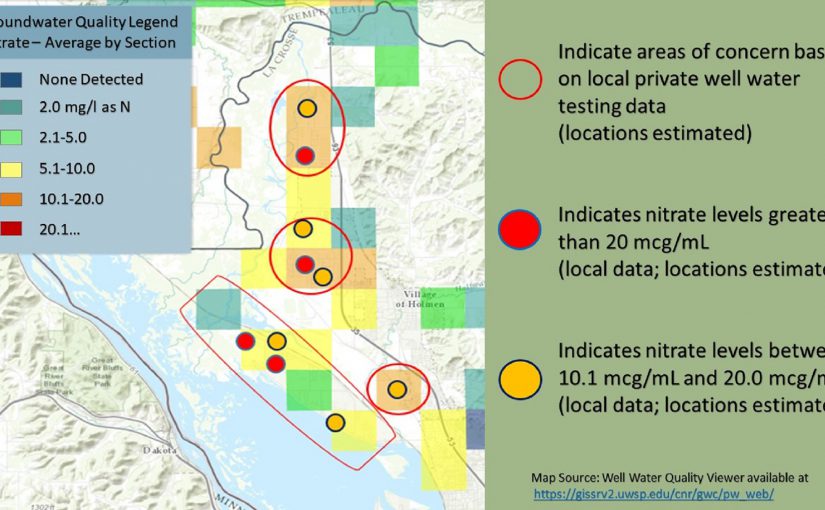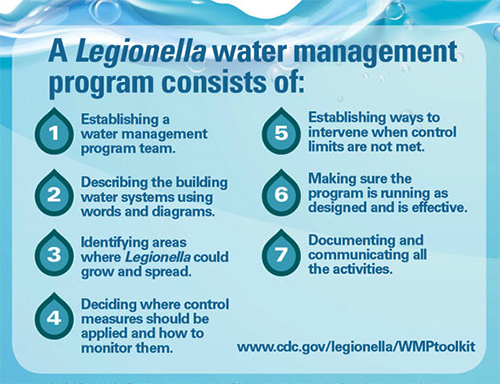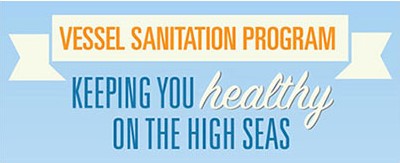Category: Division of Environmental Health Science and Practice
Emergency Preparedness
Make a plan. Build a kit. Be prepared. September is National Preparedness Month. Each year, natural disasters are becoming more frequent and intense because of climate change, urbanization, and other factors. Emergencies can happen any place, at any time. It is important to be prepared to keep yourself and your loved ones safe. When disaster Read More >
Posted on by Leave a commentEmergency Preparedness
Make a plan. Build a kit. Be prepared. September is National Preparedness Month. Each year, natural disasters are becoming more frequent and intense because of climate change, urbanization, and other factors. Emergencies can happen any place, at any time. It is important to be prepared to keep yourself and your loved ones safe. When disaster Read More >
Posted on by Leave a commentPreventing Food Allergies in Restaurants

When Erin and a friend stopped by a sandwich shop one Saturday a few years ago, she decided to treat herself to a lemon cookie. “I’m allergic to coconut; does the lemon cookie have coconut in it?” she asked the server taking her order. The server said no. She believed him and ordered the cookie. Read More >
Posted on by Leave a commentUsing Data to Make Decisions and Inform Decision-Makers

Webster’s dictionary defines data as “factual information used as a basis for reasoning, discussion, or calculation.” This holds true at the La Crosse County Health Department (LCHD), an agency nestled between the Mississippi River and the bluffs of West Central Wisconsin. Here, data are a cornerstone to furthering policy and actions to improve the community’s Read More >
Posted on by Leave a commentIn Fond Memory of a Beloved and Respected Colleague, “A Connecticut Yankee in King Arthur’s Court.”

Chris passed away on Sunday, May 3, 2020. In tribute to him, this blog is a reposting from September 19, 2016. “I often used to feel like ‘A Connecticut Yankee in King Arthur’s Court’ — an out-of-place urban planner among physicians, epidemiologists, and nurses at CDC,” says Chris Kochtitzky, an Associate Director for Program Development Read More >
Posted on by 2 CommentsLegionnaires’ Disease and Water Management Programs

Rob Cole squints against the desert wind as he gathers his equipment and crosses the hotel parking lot. Another person diagnosed with Legionnaires’ disease reported staying at this hotel. Rob, a Senior Environmental Health Specialist at Southern Nevada Health District, is investigating the case and preparing to begin a facility environmental investigation. Meanwhile in coastal Read More >
Posted on by Leave a commentStaying Healthy on a Cruise

The Garcia family* just booked a cruise to celebrate the college graduation of their son Angelo, and they want to make sure to have the best time possible. Mom, Tricia, has booked excursions and is double-checking her packing list to ensure they have plenty of sunscreen and clothes for their activities. Tricia excitedly shared their Read More >
Posted on by 1 CommentSafer Well Water through Stronger Public Health Programs

In a county where 42% of the residents rely on drinking water from unregulated sources, primarily private wells, educating residents on protecting their drinking water sources is a big job. Such is the case in Gaston County, North Carolina, where arsenic, manganese, and E. coli and total coliform bacteria threaten to contaminate wells, compromising the Read More >
Posted on by Leave a commentCDC’s Climate and Health Program Celebrating 10 Years

CDC’s Climate and Health Program is celebrating 10 years of supporting state, tribal, local, and territorial public health agencies as they prepare for the continuing health impacts of a changing climate. Read More >
Posted on by Leave a commentCDC’s National Environmental Public Health Tracking Program Celebrates 10 Years

CDC’s Environmental Public Health Tracking Program began with the idea that health and environmental problems are not always separate issues with unrelated solutions. Though the program began in 2002, the actual online Environmental Public Health Tracking Network launched in 2009. For the past 10 years, the Tracking Network has helped paint a clear picture of Read More >
Posted on by Leave a comment
